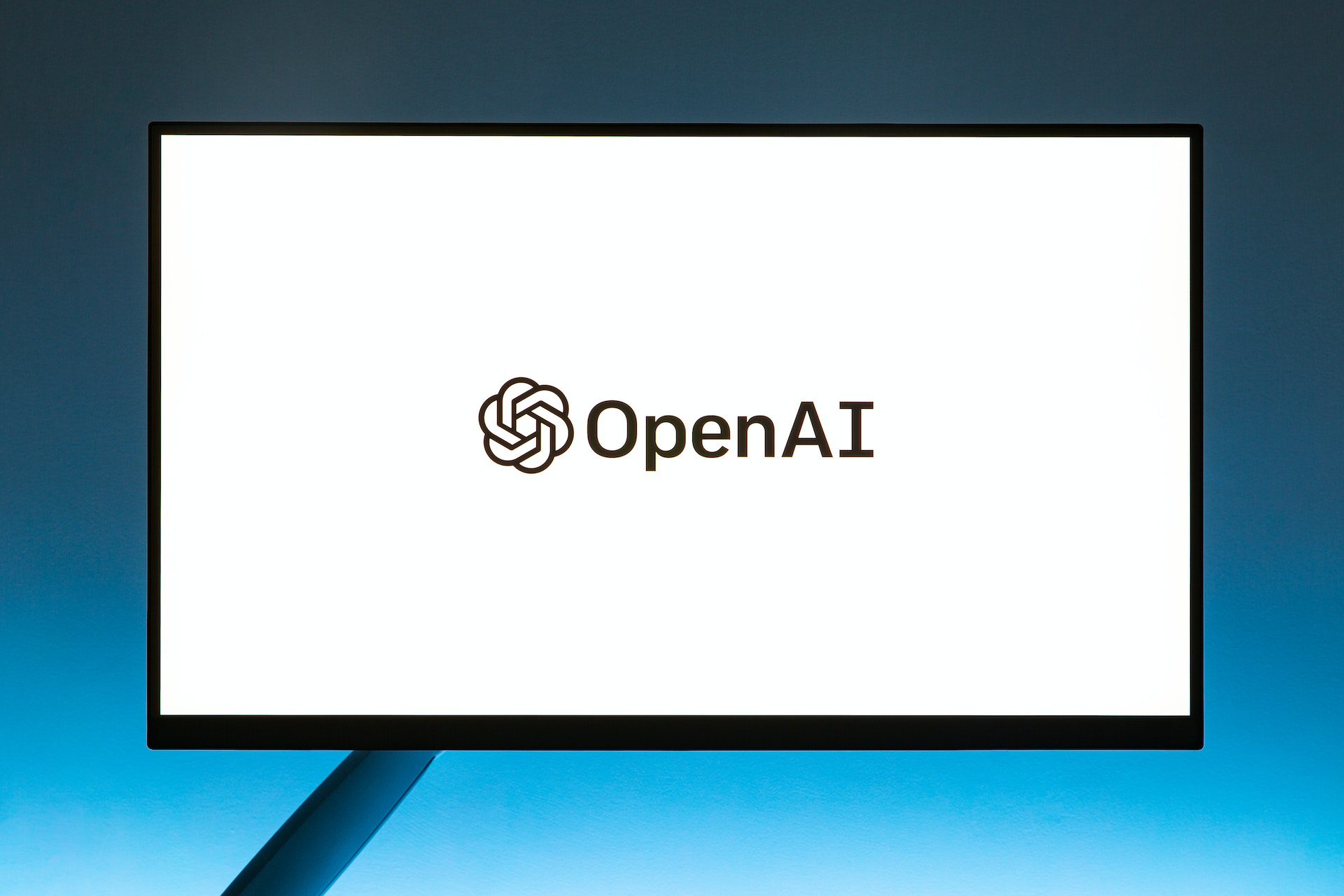
ChatGPT: How to Use and The Benefits of Using It!
August 7, 2023
5 Pros and Cons of Artificial Intelligence: Helps and Threats?
August 7, 2023
Illustration of artificial intelligence. Source: cottonbro studio on Pexels
Artificial Intelligence (AI) has become one of the biggest trends in modern technology. With the ability to process big data, understand complex patterns, and make decisions based on intelligent algorithms, AI has changed various aspects of human life. From applications in industry to applications in daily life, the development of AI continues to have a significant impact on society.
The importance of AI in the global context has led to a rapid growth in demand for a workforce with a deep understanding of this technology. Therefore, many universities and educational institutions have introduced courses that study AI and related fields.
This article will discuss college majors that offer the opportunity to deepen your understanding of AI. In addition, we will also explore the benefits and promising career potential for graduates of these majors.
What is AI?
AI is short for Artificial Intelligence. AI refers to the ability of a computer or computer system to mimic human intelligence and perform tasks that would typically require human intelligence, such as speech recognition, facial recognition, natural language processing, complex problem-solving, and decision-making.
AI can achieve high intelligence through the use of techniques such as machine learning, neural networks, fuzzy logic, and natural language processing. AI systems can learn from experience and given data to improve their performance over time.
AI has been applied in various fields, including technology, healthcare, automotive, industry, etc. Examples of common uses of AI are virtual assistants such as Siri, Alexa, or Google Assistant that can understand voice commands and answer questions, as well as autonomous cars that can drive themselves using AI to process data from sensors and make necessary decisions.
Also read: The Controversy of Using Artificial Intelligence to Write a Thesis.
Benefits of AI in Life
Artificial Intelligence (AI) has various significant benefits in human life. Here are some examples of the benefits of AI:
- Automation
AI enables the automation of processes that previously required human intervention. This helps increase efficiency and productivity in various industries.
- Health Care
AI can help diagnose diseases with high accuracy and help in more precise treatment planning. It also enables real-time monitoring of patient health.
- Transportation
With the development of autonomous cars, AI plays a role in improving safety and efficiency in transportation, reducing the risk of accidents and traffic congestion.
- Education
AI can be used in online learning and personalize the learning approach for each student according to their needs and learning style.
- Data Analytics
AI enables more efficient big data analysis, helping to make better decisions in business, research, and other sectors.
- Voice and Image Recognition
AI’s ability to recognize sounds and images has led to technologies that help in applications such as voice assistants and face detection.
- Manufacturing Industry
AI optimizes production processes, improves product quality, and reduces production costs.
- Environment and Energy
AI helps optimize energy usage and improve efficiency in energy systems and distribution networks.
The above benefits of AI are just a few examples of the many potentials of AI to transform human lives. Despite the challenges and ethical considerations that need to be addressed, the development of AI still offers tremendous potential to improve the quality of life and drive human progress in various fields.
AI-Related College Majors
College majors related to artificial intelligence (AI) cover several areas that can help students gain the knowledge and skills necessary for a career in this field. Here is a brief description of some AI-related college majors:
1. Informatics Engineering
Informatics Engineering offers a variety of AI-related courses, such as machine learning, natural language processing, pattern recognition, and image processing. Students will also learn programming, databases, computer networks, and algorithms important in developing AI systems.
2. Information Systems
The Information Systems major also provides the fundamentals of AI needed to develop intelligent systems. Students will learn data analysis, knowledge management, decision-making, and AI-based application development. They will also understand how AI can be used in business information management and effective decision-making.
3. Computer Science
The Computer Science major offers a deep understanding of AI theory and practice. Students will study machine learning, AI logic, robotics, computer vision, and optimization courses. They will develop an understanding of how AI can be used to solve complex problems and create intelligent systems.
4. Applied Mathematics
The Applied Mathematics major helps students gain a solid understanding of the mathematics underlying AI. Students will study statistics, linear algebra, probability, and numerical analysis, essential for developing AI models. They will also learn mathematical techniques used in machine learning and data analysis.
5. Electronics
The Electronics major focuses on the development of hardware used in AI systems. Students will learn electronic circuit design and development, microcontroller programming, and signal processing techniques. They will understand how hardware and software work together to create efficient AI systems.
In all these majors, gaining a solid understanding of AI theory, programming, and math is crucial. In addition, engaging in AI-related projects and research can help students to develop practical skills and an in-depth understanding of AI applications in various fields.
Career Prospects in AI
Career prospects in AI (Artificial Intelligence) are very bright and promising. In recent years, AI has proliferated and has become the main focus of many companies in various industries. Here are some career prospects in AI:
1. Data Scientist
Data scientists are responsible for collecting, analyzing, and interpreting data to identify trends and patterns that can be used to develop AI solutions. They use machine learning and deep learning techniques to create predictive models and make decisions based on data.
2. AI Engineer
AI engineers are responsible for designing, developing, and implementing AI systems. They deeply understand algorithms, machine learning techniques, and the technology infrastructure required to develop and embed AI into products and services.
3. AI Researcher
AI researchers are involved in the exploration and latest research in the field of AI. They are responsible for developing and improving AI algorithms and creating new innovations in machine modeling, natural language processing, computer vision, and other related fields.
4. NLP (Natural Language Processing) Specialist
NLP specialists work on natural language processing, focusing on human understanding and interaction with computers through human language. They develop algorithms and models that allow computers to understand, translate and generate highly accurate human language.
5. Computer Vision Expert
Computer vision experts are responsible for developing algorithms and systems to understand, analyze, and process images and videos. They work on object recognition, face detection, signature recognition, augmented reality, and other computer vision applications.
6. AI Product Developer
AI product developers focus on developing products or services that use AI technology. They deeply understand user needs, user-friendly interface design, and data processing to create a superior user experience.
7. AI Security Specialist
AI security specialists focus on ensuring the security of AI systems and protecting them from unauthorized attacks and manipulations. They develop methods and techniques to detect and prevent security threats in AI environments.
To build a career in AI, it is essential to have a strong understanding of math, statistics, and programming. In addition, the ability to continuously learn and adapt to advances in AI technology is also crucial. With the rapid development in this field, it is believed that the future prospects of a career in AI will increase.
Challenges in Developing AI
Developing artificial intelligence (AI) is a complex challenge. One of the challenges is the lack of quality and structured data needed to train AI algorithms. In addition, AI development is also faced with ethical and privacy concerns. It also raises questions about security, transparency, and accountability. Another challenge is building AI that can understand context and nuances in human language and interact with humans naturally.
In addition, scalability and efficiency are also challenges in developing AI that can be used in various scales and environments. These challenges require a holistic and sustainable approach to AI development to ensure that this technology can benefit society positively.
Also read: 5 Pros and Cons of Artificial Intelligence: Helps and Threats?
Conclusion
Multimedia Nusantara University (UMN) is a university that offers programs in Informatics, Computer Engineering, Electrical Engineering, and Information Systems that involve understanding the basics related to artificial intelligence (AI). Through these programs, students will learn basic AI concepts such as machine learning, natural language processing, pattern recognition, and image processing. They will also gain an understanding of the algorithms and techniques used in developing AI systems.
So, what are you waiting for? Immediately enroll yourself in UMN and achieve a brilliant career. Excellent career begins with excellent education!
Make sure to check out other interesting articles and information about the world of students, lectures, and careers only on UMN‘s official website!
Referensi:
English translation by Levina Chrestella Theodora
Kuliah di Jakarta untuk jurusan program studi Informatika| Sistem Informasi | Teknik Komputer | Teknik Elektro | Teknik Fisika | Akuntansi | Manajemen| Komunikasi Strategis | Jurnalistik | Desain Komunikasi Visual | Film dan Animasi | Arsitektur | D3 Perhotelan , di Universitas Multimedia Nusantara. www.umn.ac.id





